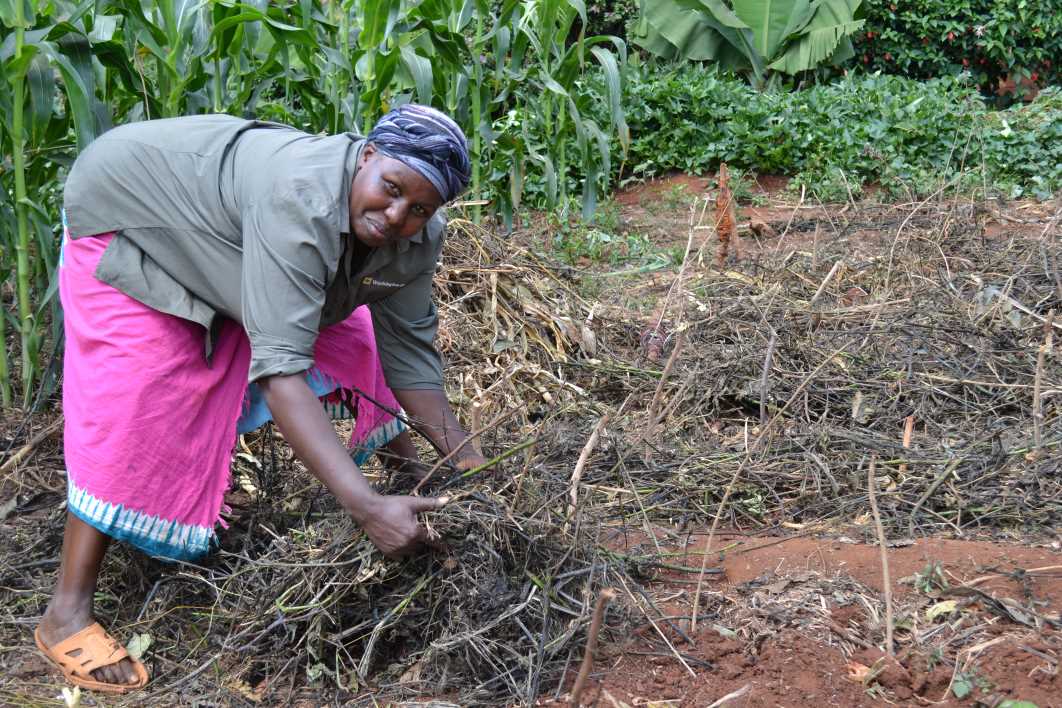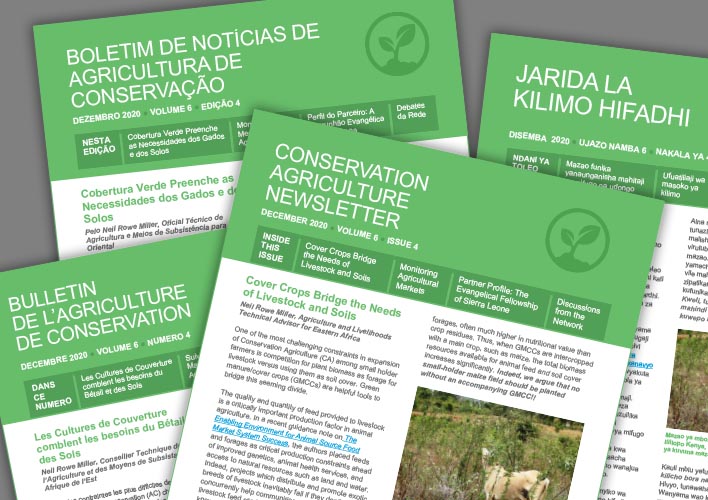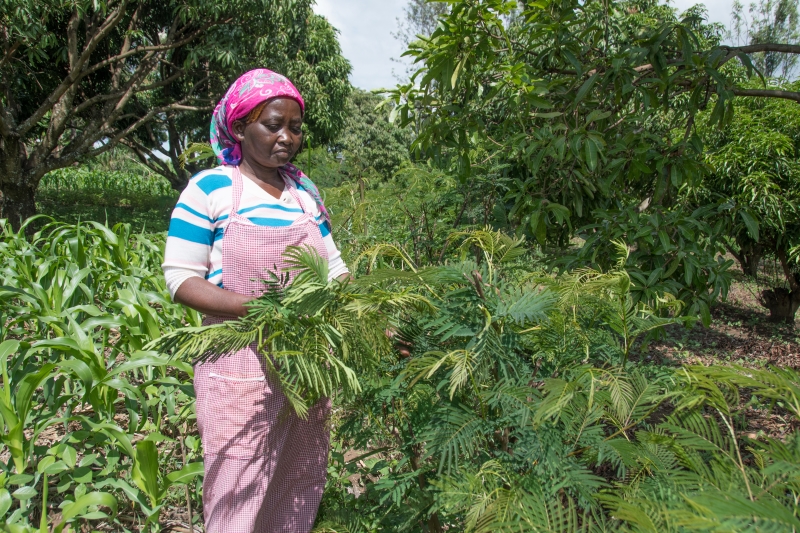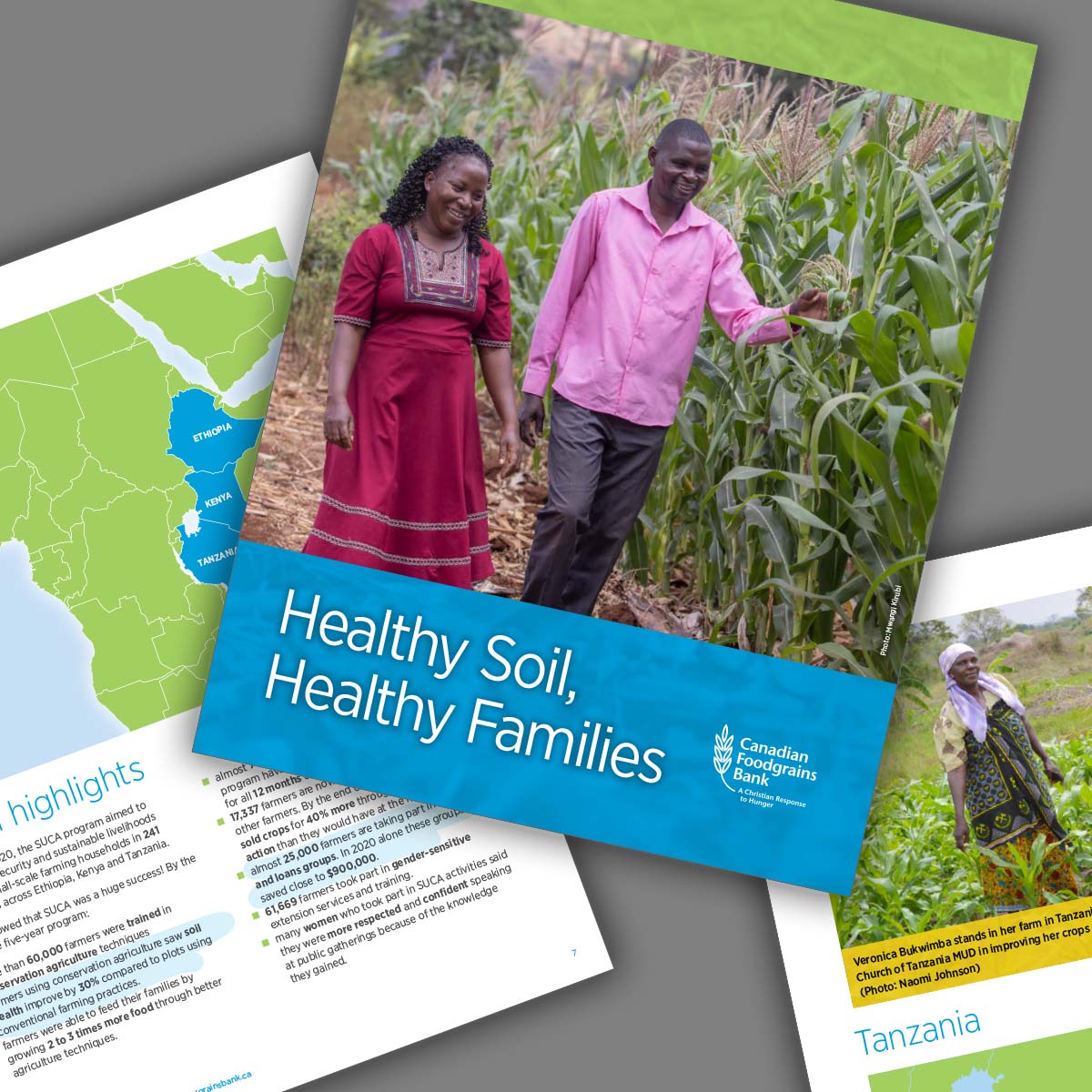Conservation Agriculture

When the weather is erratic – how do you manage your crops?
The sun, the rain, and the seeds. All things we need to grow food. But there’s so much more involved with farming.
Did you know most people who face hunger in the world are farmers? And half of these farmers are women?
Despite their hard work, they experience hunger for several reasons:
- Their farms are small—most work with two hectares of land or less.
- They have to deal with harsh and erratic weather conditions.
- They struggle with drought, government instability, depleted soil, and lack of market access.
- They lack resources and training to improve their farms.
When families don’t have enough food, it means they may not be able to afford to send their children to school. They may not be able to afford medicine when they are sick. And if they have a bad farming year, it could force them into debt, or into selling their land, making it harder for them to eventually escape the cycle of poverty.
Learning conservation agriculture techniques can be a game-changer
CA is a way of farming that improves their crops and fields, so they can produce a better harvest and more sustainable income for their families.
An affordable win-win solution for farmers
Conservation agriculture is a way of farming that emphasizes minimal soil disturbance, more soil cover, intercropping, crop rotation, and variety—to make sure their land is productive for years to come, and to better cope with drought and unpredictable weather.
As more moisture is locked into the soil, this helps restore the health and fertility of degraded soil over time, and helps the land produce more yields.
Through conservation agriculture and its environmentally responsible methods, farmers can move away from unsustainable farming practices and improve their harvests, therefore improving their food security and livelihoods.
Scaling-Up Conservation Agriculture
The results are in!
From 2015 to 2020, several Foodgrains Bank members worked with small-scale farmers in Ethiopia, , Kenya and Tanzania to implement conservation agriculture techniques on their farms, helping them to produce better and more sustainable crops for their families. The Scaling-Up Conservation Agriculture in East Africa program (SUCA) was a success!


